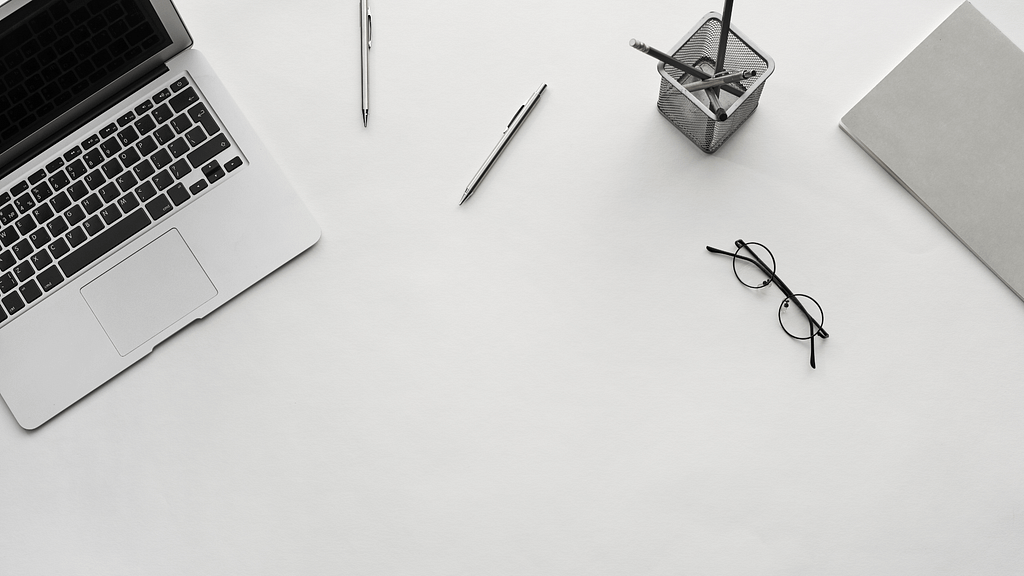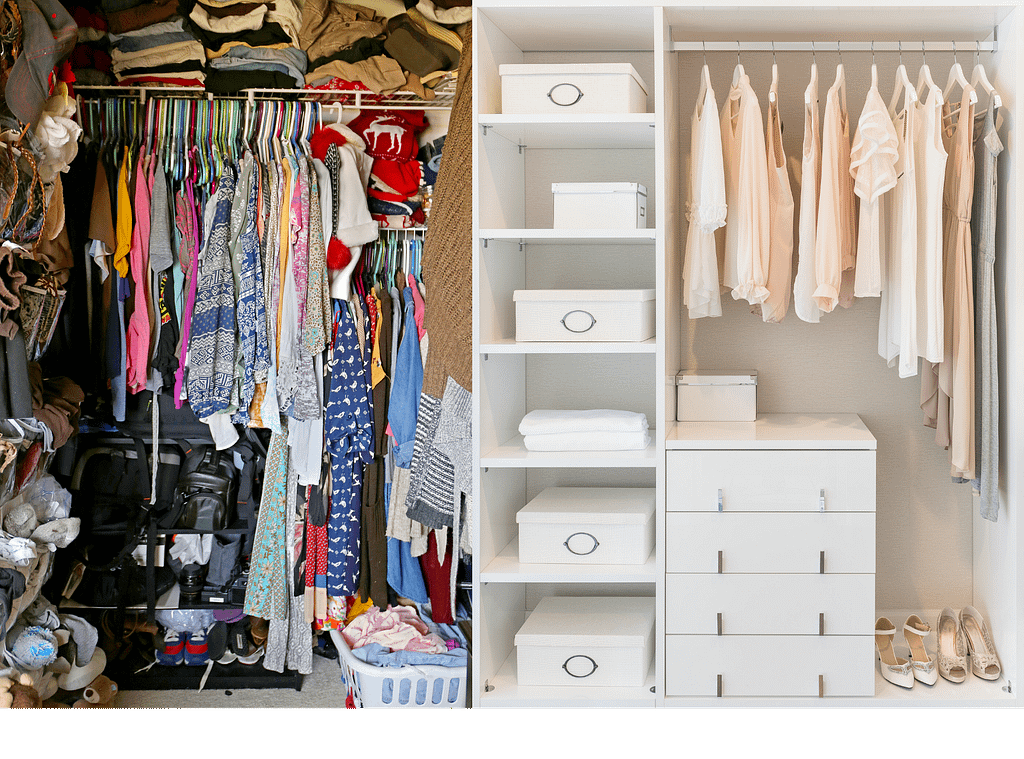
Minimalism. It’s become a buzzword in recent years with the likes of Marie Kondo advocating decluttering and people trying to simplify their lives. But what exactly is it?
While a massive declutter feels fantastic, endless spring cleans and living out of a backpack’s worth of possessions like Rob Greenfield is not the end goal of minimalism. It is a way of life centred around living with the things you need and being intentional with your decisions.
With the endless number of brands and ever-changing trends, it’s easy to sink time and money into keeping up with the Joneses. But as anyone who lives in the real world knows, coming by money is a lot harder than spending it. A week’s earnings can be spent in a single purchase of designer clothing, new tech, home ornaments or the latest fad.
While many of these things can be necessary and paying for quality is justified, it can be easy to fall into the trap of hoarding too much, being paralysed by choice, then deciding the only way out is sourcing new items to add to the collection or to undertake a complete overhaul.
Minimalism is the antidote to this. By adopting a more mindful approach to consumption and learning to live with less, you not only declutter your surroundings but become more content with the things you do have. This is a freeing existence, reducing superfluous expenses and redirecting your energy towards doing the things you value and love.
From a financial perspective, minimalism makes financial goals more attainable. It’s easier to put more towards a house if you don’t spend a massive chunk of change on a new wardrobe each season. By no means will it solve all financial qualms overnight but it’s a step in the right direction.
Retail therapy
One justification for a consumption-centred lifestyle is that of retail therapy. This is the practice of using shopping to raise one’s sense of joy – effectively quenching any sadness with the click of a ‘check out’ button online. However, if you read my post about decision making you’ll realise that this is a short term strategy that burns a long term hole in your wallet.
In reality, we get used to the things we own and once the initial serotonin peak subsides we’re back to square one. The shimmer and glow of a new product can (quite literally) fade away while your hard-earnt money is gone for good.
Plus, owning less stuff actually relaxes the mind. Which makes you feel calmer, the picture on the left or the right?

Now, this isn’t to say that you can’t have stuff. If it brings you joy then sure, go ahead. Want a nice car? Go for it. A big house? If that’s what you want. Minimalism isn’t about living a possession-free life, it’s just about being intentional your decisions. Trying to find happiness in an online checkout basket is societal conditioning. True happiness comes from spending time doing the things you love and freeing yourself from equating your worth with the sum of your material things.
The challenges
Transitioning into a minimalist lifestyle and breaking free of society’s conditioning is no easy feat. In the early stages, when you see others with lots of nice things it’s difficult not to feel a pang of jealousy or start doubting this minimalist lifestyle you’ve committed yourself to. But remember, your choices are intentional. You’ve decided what’s important to you. Once you embrace the lifestyle and stop caring what others think – potentially the biggest challenge – it can be liberating.
Clearly, if everyone was a minimalist then the economy would collapse. But enough people are swept in the hysteria of accumulating goods that minimalists are safe to continue living their unshackled lives, knowing the world is doing just fine.
A wholly minimal life is hard to achieve. There may be aspects where you’re not so minimal. But that’s okay. There are no hard and fast rules. As long as you’re conscientious about your choices and happy with the outcomes, that’s all that matters.
I, for one, have started amassing quite the collection of books. While e-books and a Kindle could do the job I just love physical books and seeing my bookshelf grow. It’s like a tangible representation of me levelling up in this game that is life.
Don’t forget you also can apply minimalism to your digital life. Check out my post on Cal Newport’s book Digital Minimalism for ideas on how to disconnect from your digital devices and reconnect with your passions.
Some practical ideas
This is all well and good but how do you make conscientious choices and work towards adopting minimalism? Here are a couple of ideas that I personally use.
When buying things
- When purchasing new clothes aim for versatile items. Being able to mix and match what you already own is a free way to keep your look dynamic while not shelling out money for new items. Basics are best.
- Invest in quality. One quality item is a much better investment than multiple cheap ones. And you’ll find yourself going back to it again and again.
- When purchasing something ask yourself ‘do I really need this?’. If it’s fulfilling an unserved need then brilliant but maybe it’s just an in-the-moment desire. Be honest with yourself.
When buying services
Netflix, Spotify, Amazon Prime and more. They’ve become such an integral part of our lives that we hardly question their worth. Spend some time looking at which services you pay for and think about how much value you get from each. As recurring charges, they sometimes slip under the radar and we end up paying even when we could do without.
Recently I cancelled my Spotify. It’s an excellent service but I hardly used it as I mainly listen to podcasts when travelling and end up on a Youtube playlist when craving some tunes.
Minimalism is a journey. Start yours today and experience it’s benefits for yourself.
Further resources
This is just my take on minimalism. For perspectives from people that have been talking about it for a lot longer than I check out:
These guys also made a movie about minimalism together. It’s called ‘Minimalism: A documentary about the important things’ – it’s on Netflix.
Not sure how to spend all this extra time you’ve got as a minimalist? Read my post on creation vs consumption for ideas.
